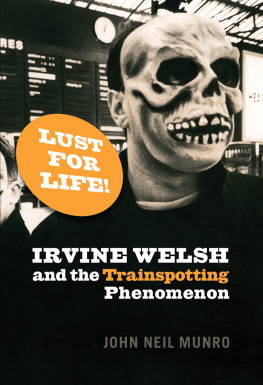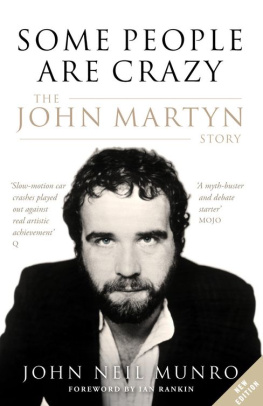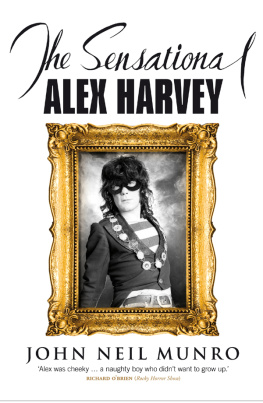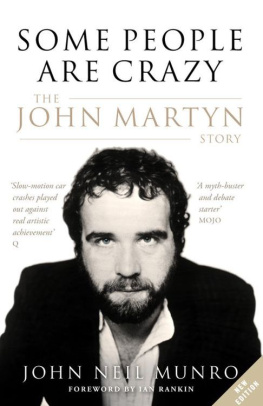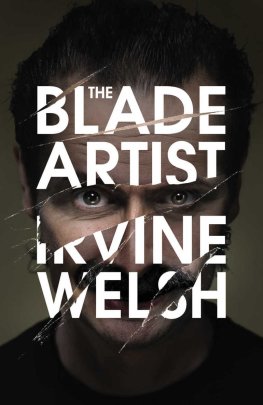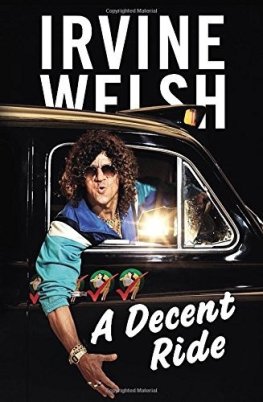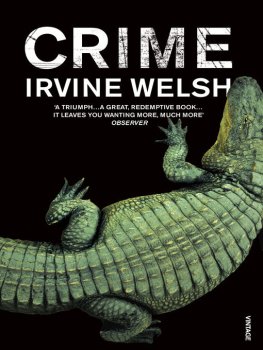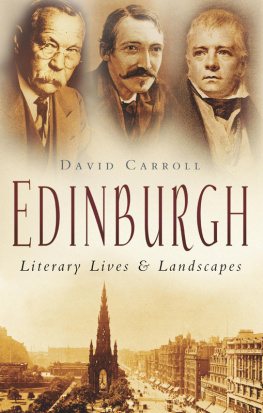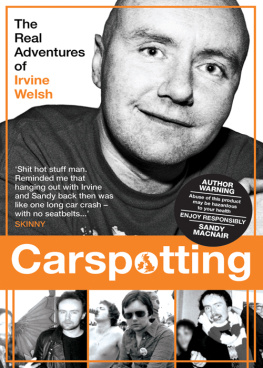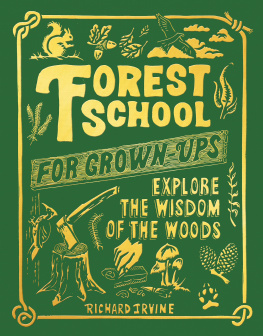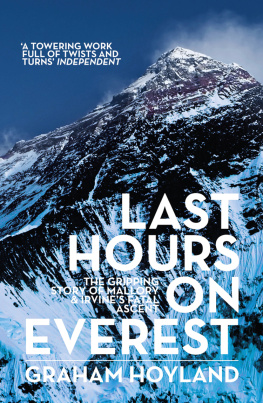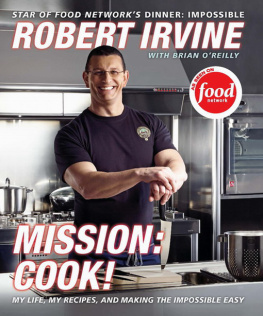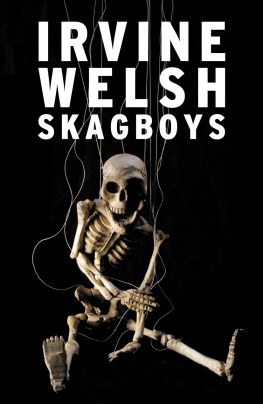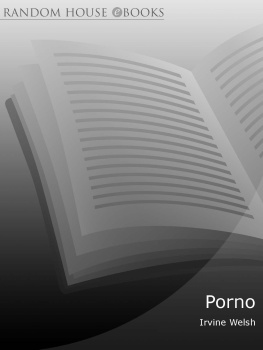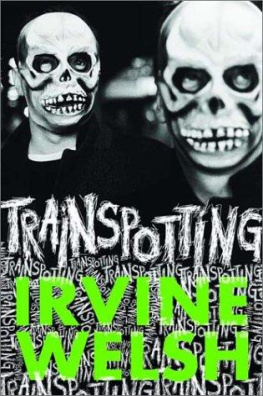Lust for Life!
A note on the author
John Neil Munro lives in Laxdale, Isle of Lewis. His previous books are The Sensational Alex Harvey (Firefly Books, 2002, and Polygon, 2008), Some People Are Crazy: The John Martyn Story (Polygon, 2007) and When George Came to Edinburgh (Birlinn, 2010).
First published in Great Britain in 2013 by
Polygon, an imprint of Birlinn Ltd.
Birlinn Ltd
West Newington House
10 Newington Road
Edinburgh
EH9 1QS
www.polygonbooks.co.uk
Copyright John Neil Munro 2013
The moral right of the author has been asserted.
ISBN 978 1 84697 242 3
eBook ISBN 978 0 85790 664 9
Every effort has been made to trace copyright holders. The author and publisher will be happy to rectify any omissions in future editions.
All rights reserved. No part of this publication may be reproduced, stored, or transmitted in any form, or by any means electronic, mechanical or photocopying, recording or otherwise, without the express written permission of the publisher.
British Library Cataloguing-in-Publication Data
A catalogue record for this book is available on request from the British Library.
Typeset in Sabon by Hewer Text UK Ltd, Edinburgh
Printed and bound by
This book is dedicated to Hannah.
Acknowledgements
Whenever you write a book like this, you are reliant on people who were actual witnesses to the events taking time out of their busy schedules to help you, invariably for no financial reward. Special thanks go to Irvine, of course, for not only writing such a brilliant book in the first place but also for giving lots of invaluable fresh input to this book. Also, special mention goes to Duncan McLean for nursing me through a nasty hangover, answering all my dumb questions and scouring through his home in Orkney to find long-lost letters from Irvine. Harry Gibson took the time to write me a majestic seven-page letter (one paragraph ran for three and a half pages) with his memories of adapting Trainspotting for the stage. Alan Warner also deserves special mention. I had been trying to get him to make a contribution for months, but his own writing deadlines made that increasingly unlikely. Then, with just a few days to spare, a 4,000-word email arrived from Alan which gives a great insight into the whole Edinburgh writing scene in the early 1990s.
A lot of his old friends from the 1960s and 1970s have taken a strict vow of omert where Irvine is concerned, so gratitude goes to Sandy Macnair, Dave Todd and Dave Harrold three guys who knew Irvine long before Trainspotting was published and all the hangers-on and glory-hunters appeared on the scene. All three were unstinting in offering advice, memories and old photos. Thanks also go to David Aukin, Dame Gillian Beer, Ian Brown, Lesley Bryce, James Cosmo, Lisa Dowdeswell at the Society of Authors, Janice Galloway, Giles Havergal, Duncan Jones of the Association for Scottish Literary Studies, Jack Lechner, Colin Leslie, Grant Mason, Rob OConnor, Hugh Reed, Robin Robertson, Dr Roy Robertson, David Stewart, Mike Wilson and Hamish Whyte.
One of the more disappointing aspects of researching this book has been dealing with unhelpful or unresponsive agents and press officers, so praise goes to those who actually took the time to help set up interviews, especially Arthur Carrington at United Agents, Sarah McNair at Alan Brodie Agency and Paula Rabbitt at the West Yorkshire Playhouse.
Help and advice came from Allan Brown, Keith Bruce, James Kelman, Roddy Lumsden and Aleks Sierz. The staff at Stornoway Library, Kirkwall Library, the National Library of Scotland and Muirhouse Library all helped out too, as did Stephanie Faugier, Carol Kearney High, Russell Leadbetter, Calum Angus Macdonald, Mary McElhinny, Sandie MacIver, Robin Macmillan and Neville Moir, Alison Rae, Jim Hutcheson, Sarah Morrison and Vikki Reilly at Birlinn.
Just for taking the time to ask how things were going Suzy Harper, Joanne MacLennan, Innes Morrison and Hannah Onstad.
John Neil Munro
Laxdale
August 2013
Introduction
I love it when people write things about me that arent true... Ive no wish to put any of it right. The more contradictory nonsense written about me the better.
In the autumn of 1991, the literary journal New Writing Scotland (NWS) published a short story by an unknown Edinburgh writer. Buried away on page 145 of the annual anthology, The First Day of the Edinburgh Festival certainly made for interesting and unusual reading. Focusing on a desperate day in the life of a junkie in Scotlands capital city, it was powered by vernacular language coarse enough to make a horse bolt. Promising as the debut story was, though, the consensus was that the writers best hope was to make his name as a Scottish Bukowski, a cult author writing for a small if devoted readership. Commercial success seemed unlikely for Irvine John Welsh.
Yet just six years later, Welshs debut novel Trainspotting, a dazzling ragtag collection of loosely connected stories, including the one that had first appeared in NWS, was voted the best book of the twentieth century in a poll of over 15,000 readers throughout the UK, leaving established classics like Lord of the Rings, Nineteen Eighty-Four and Catcher in the Rye trailing in its wake. By then Welsh was well into a career that would see him write a string of bestselling follow-up books.
One of the early editions of Trainspotting had an eye-catching quote on the front cover, courtesy of counter-culture literary journal Rebel Inc.: The best book ever written by man or woman... deserves to sell more copies than the Bible. Although it probably wont ever do that, the sales figures for Trainspotting are seriously impressive. It has sold over a million copies in the UK alone and has been translated into 30 languages. The acclaimed stage adaptation has been produced around the world, and directly inspired the stunning, award-winning film that rebooted the UK film industry, enhanced the careers of a squad of young Scots actors like Ewan McGregor, Ewen Bremner and Peter Mullan, and introduced the world to Kelly Macdonald. The author, meanwhile, having created the greatest Scottish cultural phenomenon of the age, was living in exile, a millionaire by all accounts.
How on earth did that happen? How did a guy who had seemingly never shown any inclination to be an author write the most talked-about, most controversial book of a generation a book that transcended cult status to become required reading for everyone from couch-bound schemies to high-flying politicians? Irvine in the early 1980s seemed destined for a life of anonymity. Having failed to achieve his ambitions to become a footballer or a rock star, he was stuck in a nine-to-five work routine he hated. People who knew him back then feared the worst. He was always great company, very bright and funny, a very clever man pretending not to be knowing, but he had a certain capacity for self-destruction and was always chasing oblivion... and that was before he tried heroin. How he managed to turn it around, how he went from amiable also-ran with a drink problem to millionaire author with a drink problem is a story thats never been fully told.
Initially, my idea for this book was to write it as a conventional biography. Irvines an old friend, and when Ive read some of the profiles of him over the years, they didnt seem to ring true to the guy I used to know. My impression is that when his first book was published, Irvine, for a laugh, gave out some biographical information full of half-truths and exaggerations, which over the years have become endlessly repeated until they became accepted as fact.

